From Record Stores to Rockers Revenge: Dwight Hawkes on Brooklyn’s Musical Legacy
A Cultural Collision: Hip Hop Meets R&B at the Copa
The early 1980s in New York were a golden time for creativity — when DJs, dancers, and artists from every neighborhood collided in clubs and record stores. Dwight Fuller’s story about that night captures the spirit of that era perfectly.
After New Edition’s debut performance in New York, Fuller invited the group to stop by the Music Factory, the record store that had become a hub for DJs, producers, and fans across Brooklyn and the Bronx. When word got out that the men behind Rockers Revenge’s “Walking on Sunshine” were in the building, excitement spilled over into the crowd — creating a moment of pure musical frenzy.
“New York was everything back then,” Dwight said. “If you could move a crowd here, you were ready for the world.”
Rockers Revenge: The Sound of Unity and the Birth of Electro-Funk
Before digital platforms and streaming services, record stores like Music Factory were where new sounds were born. And Rockers Revenge was right at the heart of that revolution.
Formed in New York City and led by acclaimed producer Arthur Baker, the group featured Donnie Calvin aka Donald Hawkes on vocals and Dwight Fuller as part of its creative core. Their breakout hit “Walking on Sunshine” (1982) blended post-disco energy, reggae rhythm, and electro-funk innovation. The record topped the Billboard Dance Club charts and became an international anthem of optimism.
“Music had no borders,” Dwight recalled. “We were blending everything — hip hop, disco, reggae — whatever moved people.”
Rockers Revenge’s influence extended far beyond the charts. They helped pioneer the DJ-led music production era, bridging underground club sounds with radio appeal. Their innovative use of drum machines, vocal loops, and dub-inspired effects would go on to influence everyone from Afrika Bambaataa to Madonna.
In this dynamic sit-down, Ms. Goldi of WorldWide Entertainment TV dives deep into music history with Dwight Fuller, a cornerstone of New York’s legendary DJ scene and a member of Rockers Revenge. From the Bronx to Brooklyn, Fuller’s journey captures the heartbeat of a generation that built modern music culture from the ground up.
Through stories of late-night record hunts, after-hours parties, and the rise of hip hop, Hawkes offers a firsthand look at how independent retail, DJ coalitions, and cultural unity shaped an era long before streaming changed everything.
The Bronx Beginnings and Brooklyn Roots
Dwight Fuller’s story begins in the Bronx, where his brother Donnie Calvin inspired him to dive into music. Later, Brooklyn became his base—a borough that nurtured his growth as both a business owner and creative visionary. Opening one of the first record stores in the area, Dwight turned it into a community hub where artists, DJs, and producers connected through vinyl, talent, and energy.
“New York, come on now,” Dwight laughs, recalling how those early years defined not just his career, but an entire movement.
The Golden Era of Record Stores and DJ Culture
Before playlists and algorithms, there were record stores—the lifeblood of hip hop culture. Fuller describes how his shop became a meeting ground for artists and DJs to exchange ideas, break new music, and host spontaneous in-store events. During the holidays, he remembers, lines would stretch around the block as fans searched for the hottest 12-inch singles.
“They just don’t know our culture,” he says, reflecting on how vital those community spaces were for creativity.
Independent Retail and the Rise of DJ Coalitions
As music evolved, Dwight Fuller became part of a larger movement to give independent record stores a voice. He helped organize DJ coalitions, transforming small shops into powerhouses that could influence the charts. This grassroots approach helped independent artists get exposure long before the internet leveled the playing field.
“Music had no borders,” Fuller explains. “We built our own networks.”
Empowerment, Legacy, and the Future of Music
Today, Fuller continues to mentor young artists, emphasizing empowerment, education, and cultural understanding. He believes that the spirit of Rockers Revenge—unity through rhythm—remains alive in the new generation of creators finding their voice across digital platforms.
“History is legacy,” he concludes. “And it’s our job to protect it.”
Key Takeaways:
-
The Bronx and Brooklyn shaped Dwight Fuller’s musical foundation.
-
Record stores were the heartbeat of early DJ and hip hop culture.
-
Independent retailers and DJ coalitions empowered local artists.
-
The after-hours New York scene fueled creativity and connection.
-
Empowerment, mentorship, and cultural knowledge remain central to his mission.
From vinyl to digital, Dwight Fuller’s story bridges generations. His passion for preserving music culture proves that even in a world of algorithms and instant streaming, the soul of hip hop and the spirit of community never fade.
Share this content:
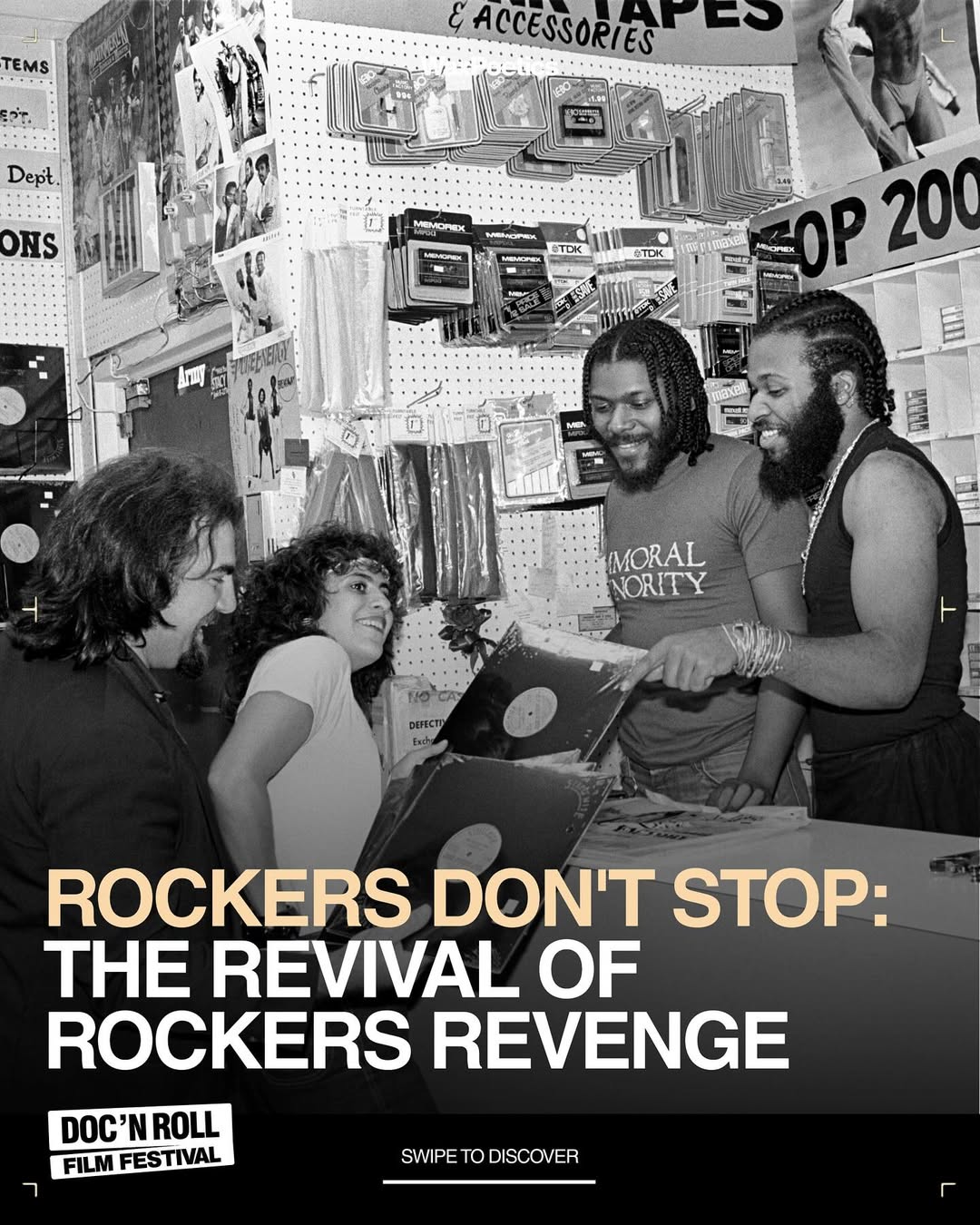

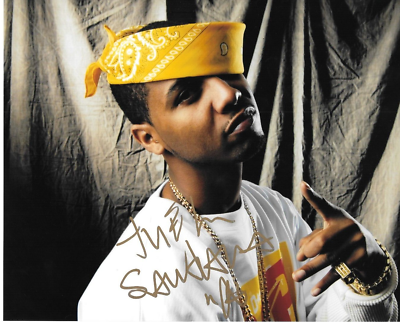
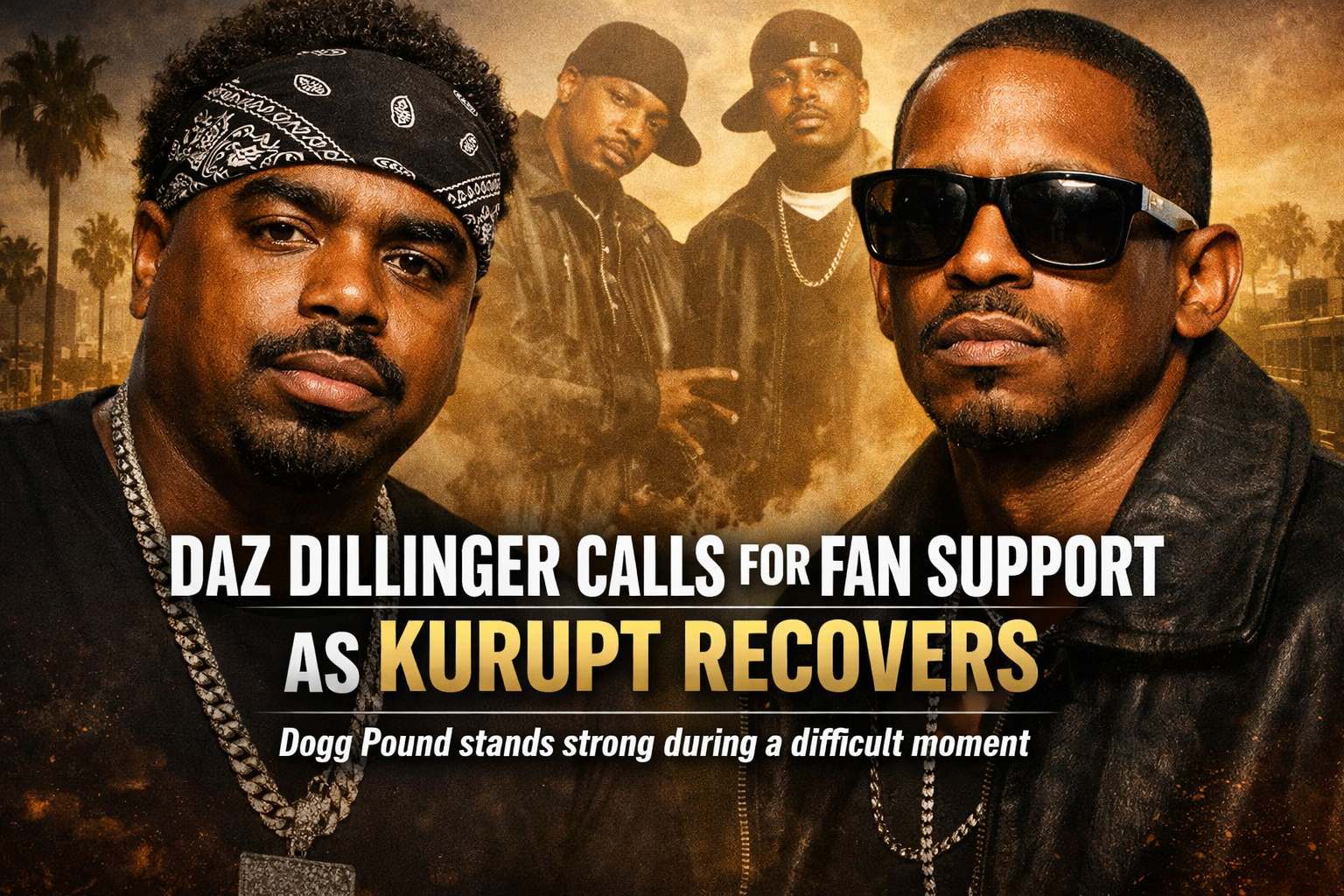
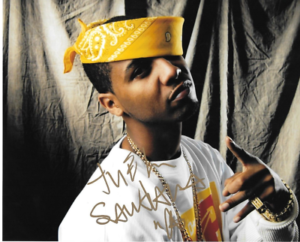
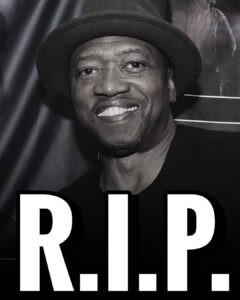

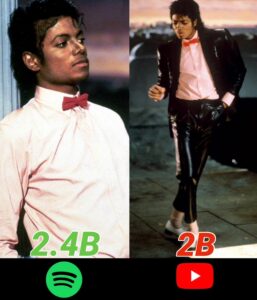
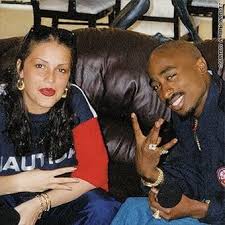

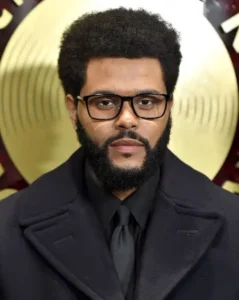
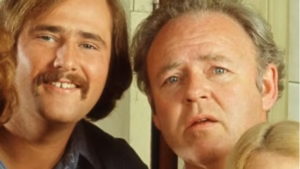


Post Comment